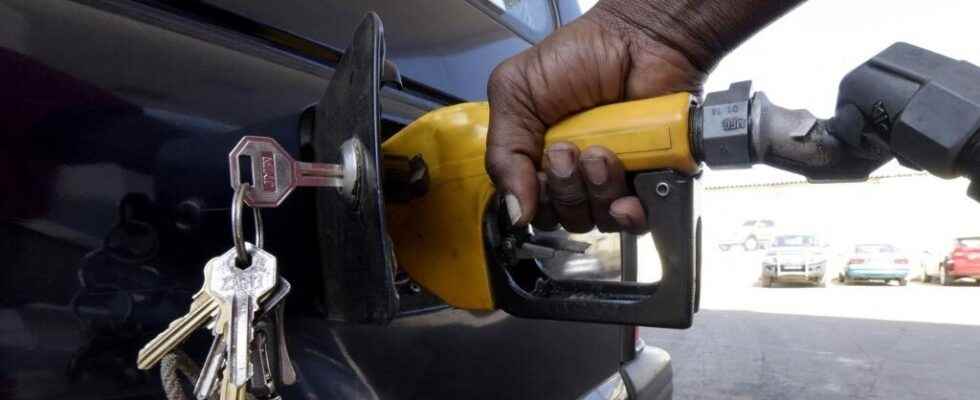Difficulties in several African countries in recent days to refuel his vehicle, with queues stretching in front of the stations. These are scenes seen in Ndjamena and Yaoundé in particular, as recently in Burkina. At the same time, other countries such as Senegal or Congo-Brazzaville have announced price increases in recent days. Are there fuel shortages on the continent? Is this the consequence of tensions in the market?
Due to the war in Ukraine and European sanctions against Russia, Russian petroleum products were redirected to other buyers, which unbalanced supply flows globally.
Consequence: if the price of crude has returned to around $80 a barrel, against $120 in March, the cost of refining has increased, which weighs on countries that do not have, or do not have enough, the necessary infrastructure.
In Africa, this is primarily the case for landlocked countries, but also coastal countries, even crude oil producers lacking refining capacity and subject to rising purchase prices.
Already facing budgetary difficulties in the face of widespread inflation, states do not always have the necessary funds, which leads to a slowdown in deliveries.
To compensate, governments are reluctant to raise prices at the pump. To maintain them, they lower taxes and sometimes cut their budgets heavily. Cameroon loses 8 billion CFA francs each month since April.
A difficult situation: in recent days, Senegal has resolved to add 100 CFA francs per liter of fuel. Congo-Brazzaville, 5%, or 24 to 30 additional francs. What remains without common measure with the increase from 50 to 80% decided in the Central African Republic, after 9 months of continuous shortages.
It was necessary to redesign, retransform the supply circuits insofar as the tension in Russia, this political tension has turned into tension on the supply of products…
Jean-Pierre Favennec, consultant specialist in the energy sector
